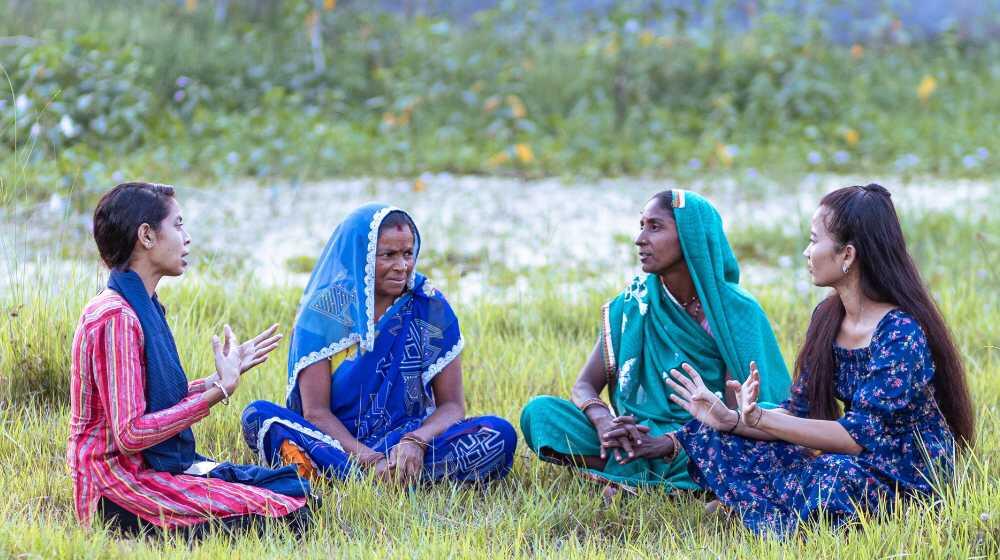Gender-based violence is an issue that plagues societies worldwide, and Madhesh Province in central Nepal is no exception. Many young girls and women suffer in silence, facing various forms of abuse, discrimination, and harassment. The stigma attached to discussing these matters often leaves survivors isolated and afraid to speak out. In Madhesh, girls and women need a voice, and Pooja Shrestha and Ajmeri Khatun are determined to create a safe space for girls and adolescents in the province.
Since their adolescent years, they have worked tirelessly to sensitize girls in the schools across this province, empowering them to raise their voices and break the silence. The young champions' approach is rooted in education and empowerment. Pooja and Ajmeri themselves have completed their undergraduate degree, and they believe that awareness and knowledge are the keys to breaking the cycle of gender-based violence and harmful practices. They visit schools in the districts of Dhanusa, Rautahat, and Sarlahi, and Mahottari to engage with students through interactive sessions.
In these sessions, they provide critical information about gender-based violence and harmful practices, like child marriage, dropping out of school, sexual abuse, domestic violence, and dowry - explaining its forms, consequences, and ways to prevent it. By sensitizing these students to the reality of these issues, they break down the barriers of silence and fear that often prevent girls from seeking help.
Ajmeri tells us, “Students come and confess to us what they won’t tell their parents or teachers. One day, a 16 year old girl came and told me that her parents were talking about getting her married. This is a common practice in Madhesh because the earlier you marry your girls off, the less dowry you have to give. So, I intervened. I counseled the parents and told them about the legal consequences and social repercussions of getting married early.”
Ajmeri was proud to share that she was able to stop this marriage from happening, but sometimes the society questions her efforts, especially as she is a young person and might not be mature enough to understand the society fully well.
Realizing they can’t be present everywhere, the girl champions initiated painting key toll-free hotline numbers of the One-Stop Crisis Management Centres and child service hotlines, on the school walls so that students and others in the community have access to these numbers and can call anytime.
However, acknowledging that it may always not be possible to verbally convey domestic or community issues due to stigma or the fear of losing anonymity, Pooja and Ajmeri along with the provincial government, ensured that schools have a functioning suggestion box in which students can anonymously put their complaints. While this is something that might be commonplace across Nepal, Pooja and Ajmeri themselves periodically ensure that the complaints are addressed.
“Once, we had received a complaint regarding a teacher alleging that he behaved inappropriately with girl students. Following an investigation, it was proved to be true, and he was removed from the school,” Pooja shared. “Now, when such incidents happen to my girls, I encourage them to come forward and tell me about it or put it anonymously in the complaint box so we can resolve the issue timely.”
Let girls lead is often a common phrase that is heard around the world, and Pooja and Ajmeri, are exemplary examples of this. Their determination to make something small like addressing each complaint in a suggestion box is not just encouraging a civic sense of duty in the community but is also enabling communities to see that they are a part of the change that they wish to see.


